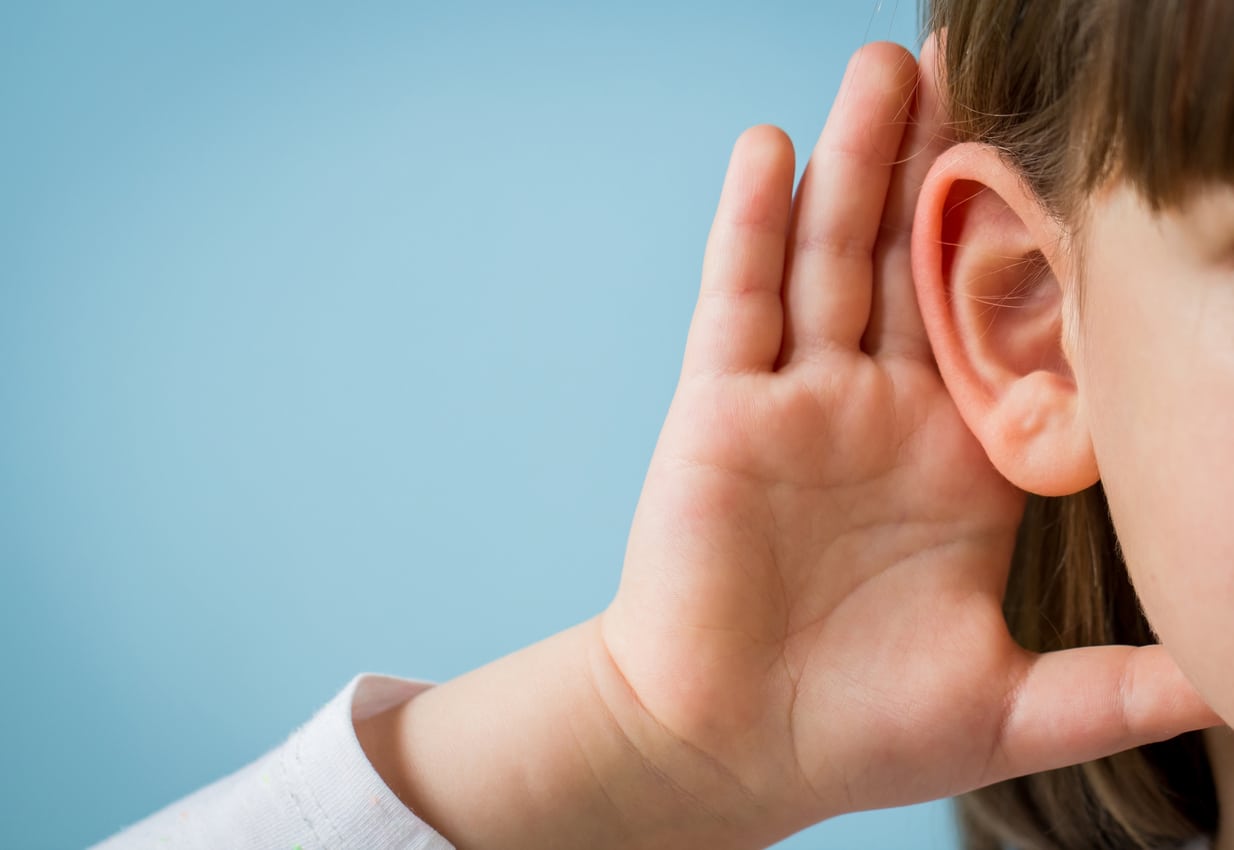Fluctuating hearing loss is a form of hearing loss that changes over time and can impact a child’s development, particularly speech and language skills. It can be caused by conductive or sensorineural issues and can worsen over time. It’s important for parents and educators to understand the signs to help aid a child.
Fluctuating hearing loss has several causes, including ear infections, continued exposure to loud noises, ear wax buildup, autoimmune inner ear disease (AIED) and Ménière’s disease. Successive ear infections can impact a child’s hearing for an extended period, and hearing tests can have fluctuating results.
Impacts of Fluctuating Hearing Loss

- Negative impact on self-esteem: A child who can’t hear could be perceived to be daydreaming, or they could even miss important lessons. Poor performance in school and accusations of inattention could lead to negative effects on a child’s self-esteem.
- Perceived decrease in capability: Because a child may miss parts of what’s being said, they may potentially fall behind in lessons, leading themselves and others to believe they are less capable.
- Delay in speech and language development: The child may tune out speech signals, leading to a delay in speech and language development.
- The child may struggle to identify changes in their own hearing ability, leading to engagement and motivation issues.
- The child may be perceived as immature, disinterested or easily distracted, which could lead to a delay in the child receiving treatment.
If parents or teachers think a child could be experiencing fluctuating hearing loss, early intervention is important. There are symptom management options to assist a child, so it’s helpful to contact a hearing specialist.
If you observe that your child may be struggling to hear during their play dates at Carpenter Park, then understanding the causes and treatment options is the best way to support the management of the condition. Early detection can help support the child’s development and overall well-being.
For questions or to schedule an appointment, contact Sharp Hearing – The Audiology Center.

